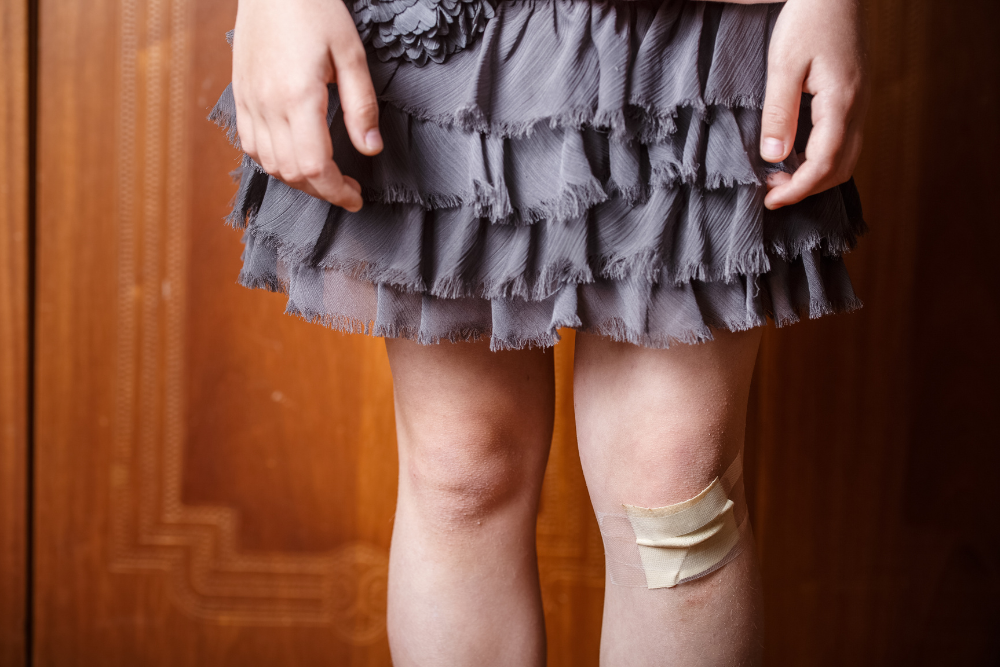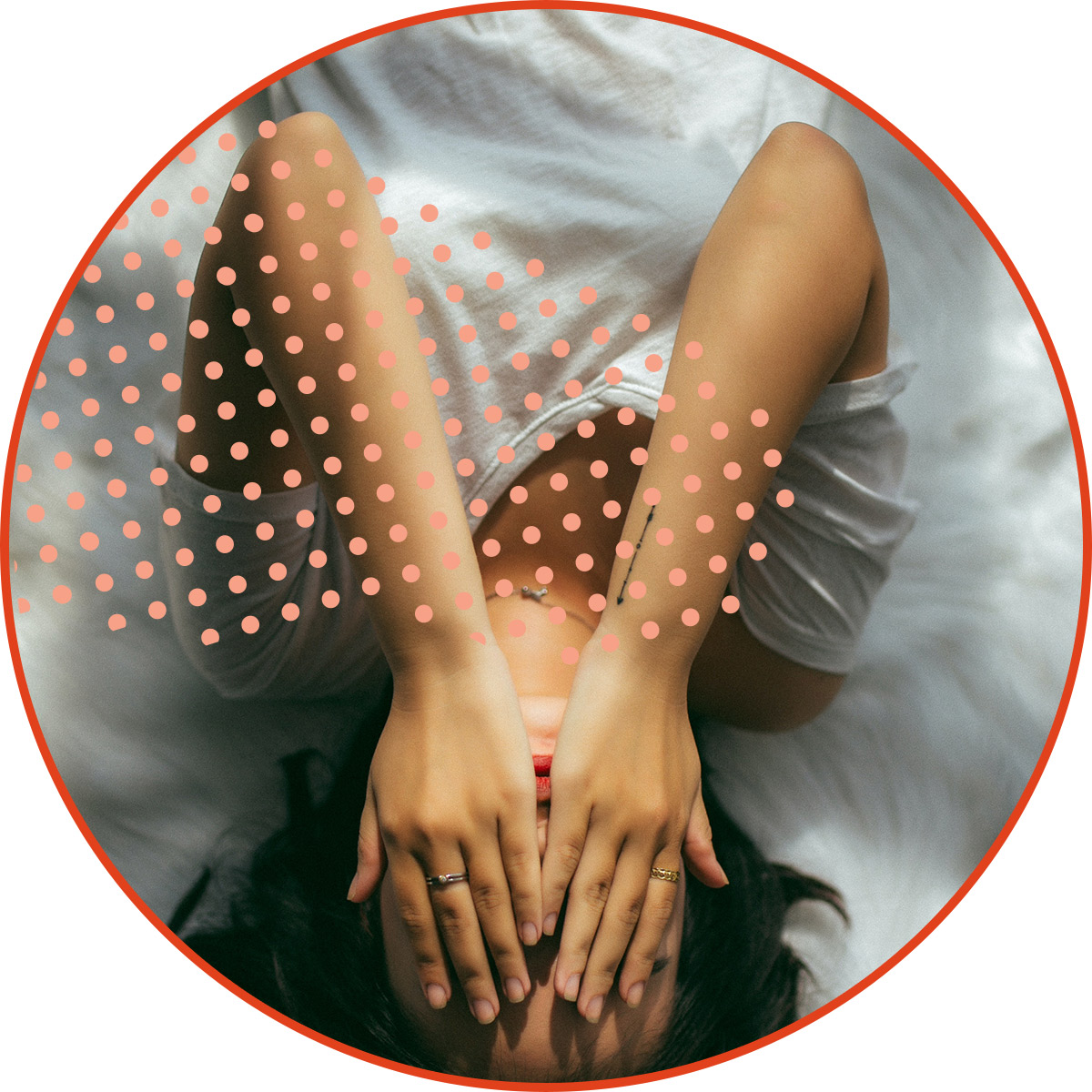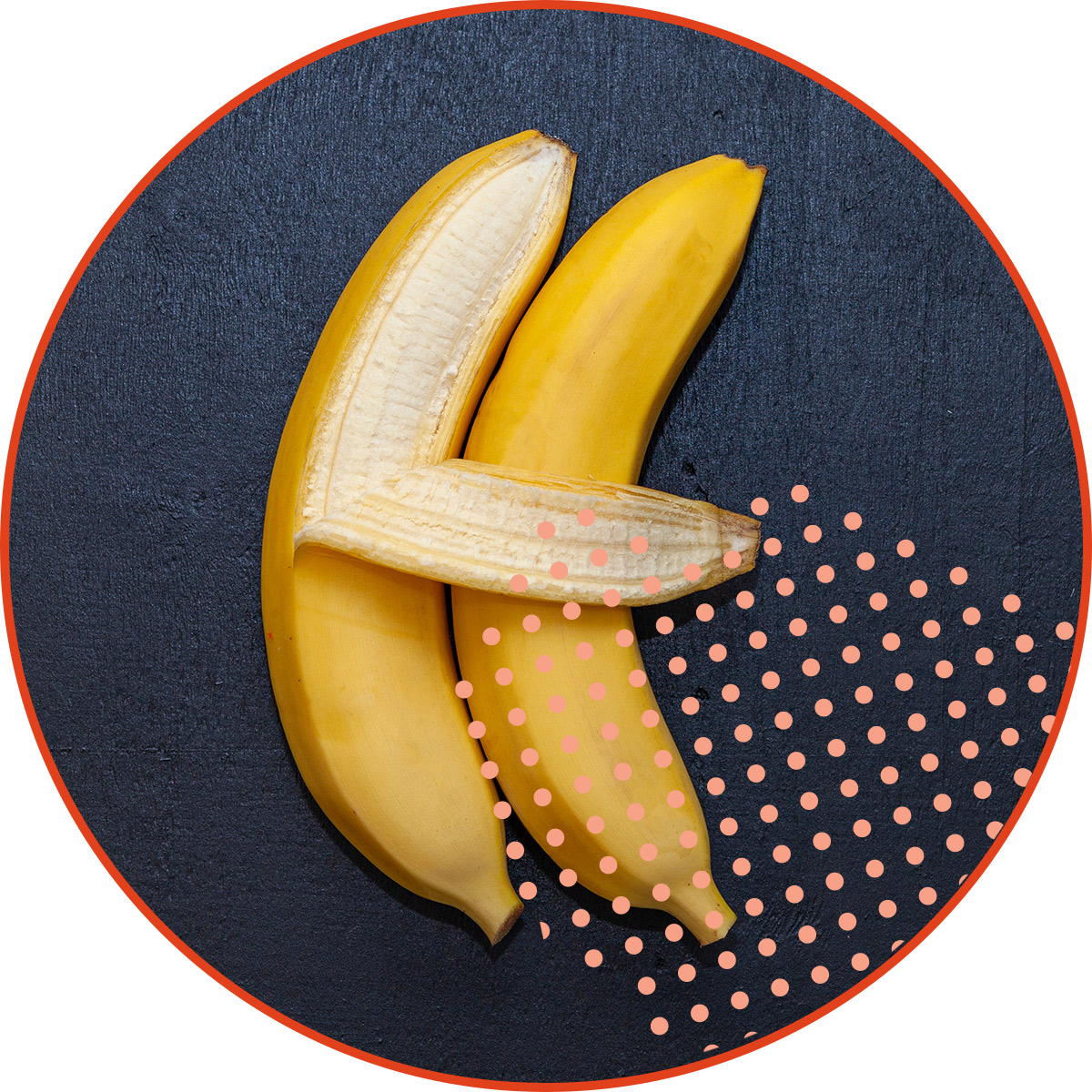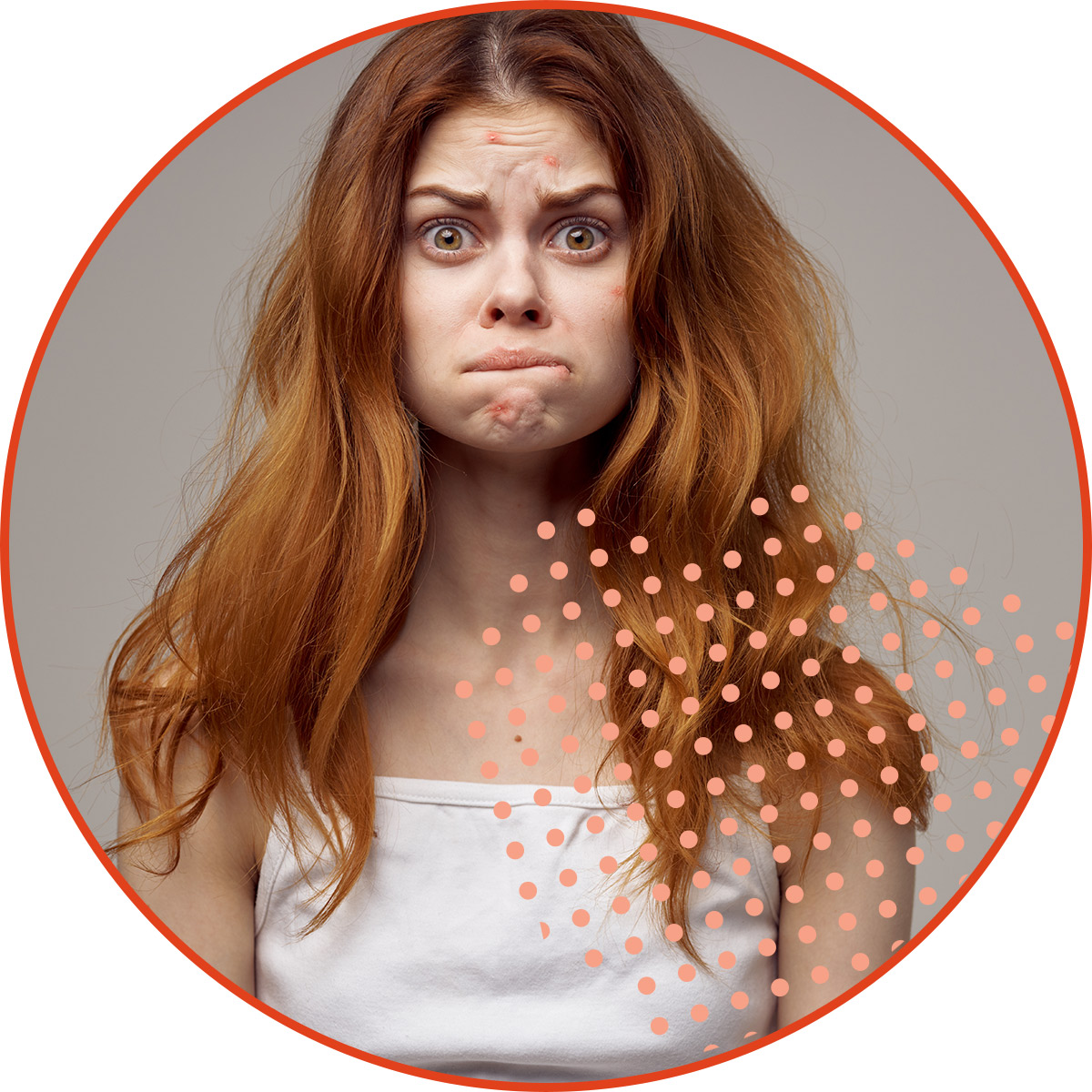If you’ve never considered that question – I’m so sorry for even putting it in your head. Unfortunately, I hear it too often, so I want to give it a thoughtful answer.
First, let me address WHY this question comes up pretty regularly:
As moms, we already have plenty of worries. We’re fiercely protective, and any threat to our children’s well-being puts us in mama-bear mode.
As women, for too many centuries, society has [wrongly] centered our value around our ability to reproduce. We have internalized that message for generations, and instinctively, that makes any threat to our reproductive health feel especially terrifying.
So when fear or shame enter conversations about products related to our reproductive system, we go on high alert. 🚨
Marketers totally take advantage of these factors. They suggest that our vulvas are “dirty,” and then tell us their product will “fix it.” They tell us the products we use are dangerous, but that their product is “safer,” “cleaner,” or “more natural” (in marketing, none of these labels require any proof). Similarly, anyone aiming for viral attention on social media can do the same. These messages get our attention despite almost always being downright lies or unsubstantiated claims.
I admit it; I’m vulnerable, too. I have three daughters. I provide reproductive healthcare for girls and women. I am motivated to get this right, so I've done a lot of research. I’ve talked with microbiologists, toxicologists, and know more about the manufacturing of period products than a lot of gynecologists. So, let me step off my anti-fear-mongering soapbox, and provide answers to some of the common questions we hear:
Are there toxic chemicals in pads, tampons, menstrual cups or period underwear?
Everything is made of “chemicals.” And all chemicals can be toxic – even water (yes, it’s a chemical). So without advanced degrees in organic chemistry and physiology, it’s really difficult as a consumer to determine which chemicals should be of concern. When it comes to disposable pads and tampons which get the most “toxic” attention, they are primarily made of cotton or rayon (did you know rayon comes from wood pulp?), and they have other ingredients that have been thoroughly tested and deemed safe. Many of the ingredients are things used in other products we use and trust, like band-aids and diapers.
Specifically, the chemicals that concern me most in personal care items are classified as “endocrine disruptors.” They are commonly found in certain plastics and many fragrances (even natural lavender oil). The most popular pads and tampons (including the pad liners and tampon plastic applicators) do not have those types of plastics in them. So my general rule is to avoid any scented products, and consider them safe.
Who makes sure they’re safe?
All period products are regulated by the FDA as medical devices. That means ALL period products sold on the shelves of your local stores have been through a detailed process of research, development, safety testing, and ongoing monitoring for harmful effects. Those products also undergo routine testing that specifically monitors ingredients that have caused concern in the past like dioxins and chlorine bleach (which you won’t find in any products today).
Large consumer product companies spend billions of dollars on research and development. I have had opportunities to consult for global brands like Always and Tampax (no, they are not paying me nor sponsoring this content). I have talked with members of their giant team of experts and PhD researchers who are fiercely dedicated to science and data. They do important research that not only improves the products we use, but advances health science. And heck, many of them are women and/or parents, and they trust these products for themselves and their families. If my favorite toxicologist believes they’re safe, so do I.
Aren’t organic pads and tampons safer?
There are some things I use or consume that I prefer to be organic, but pads and tampons aren’t on that list. Here’s why. Organic cotton and conventional cotton both require a process using scalding hot water to remove the natural waxy coating (where pesticide and herbicide residue is held). That super hot process removes pesticides & herbicides so well, that they are no longer detectable even in non-organic cotton. Furthermore, there are zero studies to indicate that organic period products are healthier or safer for humans. All tampons (organic or conventional) carry the same risk for toxic shock syndrome, which is by far the most concerning, although very rare, tampon-related risk.
Can pads or tampons cause ovarian cysts, endometriosis, or other reproductive health problems?
The reproductive system is complex, and there is no identifiable single cause of any diseases or abnormalities. Yet, it’s human nature to identify the root cause of problems we experience and point fingers at what we believe to be the cause. A recent case in point is the viral Tik Tok claim that titanium dioxide used as a whitener in tampon strings caused a young woman’s ovarian cysts. Period products simply can’t do that; it’s not biologically possible. Furthermore, titanium dioxide is a whitening ingredient used in toothpaste, sunscreens, and many foods. The amount in tampon strings is tiny compared to other uses, and it has never been considered unsafe. Just because we can identify something we did or used when we developed a problem, doesn't mean it’s the cause of the problem. In science and medicine, we say correlation is not causation. Determining the actual root cause of a health problem is much more complicated than just relating it to a random event.
Perspective matters.
At some point, we have to accept that everything we consume and everything we do carries risks. Some are more serious than others. Riding in a car is far more dangerous than the potential risks associated with the regulated consumer products we use on a daily (or monthly) basis.
As mama-bears and concerned consumers, we should absolutely continue to pay attention, but it’s critical that we and our daughters figure out who to believe, understand where the claims come from, and stop getting our health information from random social media accounts. That’s the best way to fight fear-mongering, protect our kids, and prepare them to be smart consumers.
Did you know Girlology has grade-by-grade video on demand playlists to support her and you through all things puberty and adolescence. Our doctor-moms cover topics like this and lots others! Learn More HERE.






